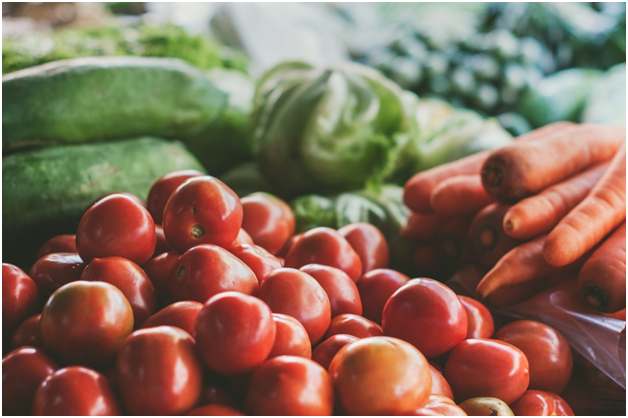5 Commonly Asked Questions About Vegetarian Diet
May 28 2016
Adopting a vegetarian diet has gained much attention in recent years. Whether it is animal welfare or health concerns, an increasing number of Americans are embracing a vegetarian diet. In fact, a study conducted by Vegetarian Times reveals that 7.3 million people follow a vegetarian-based diet. Meanwhile, 22.8 million people follow a vegetarian-inclined diet.
Yet, people still have many questions regarding vegetarian diet. Will it help you lose weight? Will you live longer? Will veggies give you more energy than meat?
In order to separate fact from fiction, here are answers to the 5 commonly asked questions about vegetarian diet:
Are vegetarian meals the healthiest?
There is no denying that a vegetarian diet is more nutritious than others. These meals are packed with essential vitamins and minerals that can help protect you from various diseases, as per Physicians Committee for Responsible Medicine.
That being said, it’s just as important to maintain a healthy lifestyle (regular exercise, no smoking or tobacco, etc.).
Similarly, some people adopt a vegetarian diet to lose weight. While it can help reduce weight, an extreme diet can lead to an eating disorder; so care must be taken to ensure a sensible diet is followed.
Where does protein come from?
Meat, fish and poultry are not the only sources of protein. Contrary to popular belief, vegans get plenty of protein. A strict vegan can obtain protein from tofu, grains, nuts, seeds and green veggies, such as spinach and spirulina. On the other hand, lacto vegans consume dairy products.
If you are worrying about protein, there are many meat alternatives to choose from.
How does one fulfill their calcium requirement?
Calcium is necessary for strong bones and teeth. It is a mineral present in a variety of foods. Despite what many believe, cow’s milk is not the only source of calcium.
In fact, dark green veggies, such as spinach, broccoli, leeks, spring onions, turnips, chia seeds, collard greens and kale, contain calcium. Other great sources of calcium in a vegetarian diet include, but are not limited to, soy, almond and hemp milk, dried figs and almonds.
What about iron?
Most people believe that red meat is the main source of iron. Similar to calcium, iron is also a mineral. Thus, iron comes from the ground. Spinach, chia seeds, soy beans, pumpkin seeds, black beans, dried thyme, raisins, molasses, lentils, spirulina and cacao are all packed with iron.
However, the iron in plant-based foods is not as well absorbed as that in animal foods. Therefore, people on a vegetarian diet need to increase their volume of iron-rich food.
Isn’t vegetarian diet boring?
Generally, people think that a vegetarian diet is restrictive. They believe that vegans survive on fruits and veggies.
Alongside fruits and vegetables, people consume tofu, nuts, oatmeal, salads and even smoothies. The choice is unlimited.
If you need access to flavorsome and healthy vegetarian meals, check out our vegetarian meal plans. It provides information on a variety of nutritious vegetarian meals that can be cooked in no time, and within your budget.

